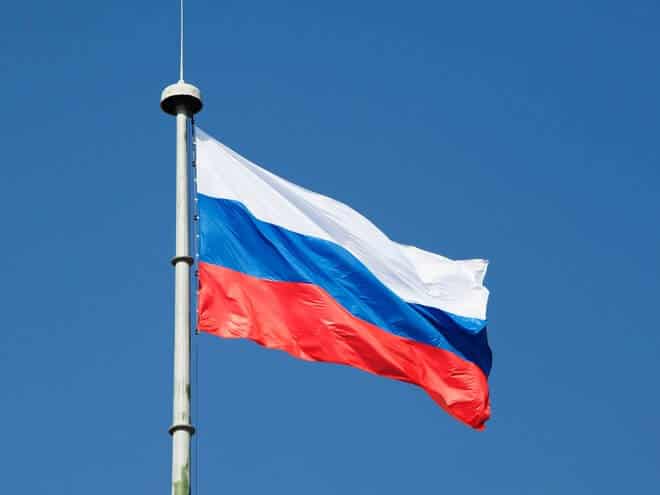Join Our Telegram channel to stay up to date on breaking news coverage
The Russian Federation has officially banned anonymous deposits to online wallets. This move could see 10 million users across the state of Russia affected by this. Russia’s lawmakers have given a statement about the matter, as well, explaining that the initiative comes as a bid to curb illegal activities within the country. Examples of these illicit activities are things such as illegal drug trading, as well as financing terrorism across the globe.
Anonymous Payments Banned
PayPal, Yandex, WebMoney, and Kiwi stand as online wallet service providers, and are extremely popular within Russia’s borders. An approximate of 10 million users use these accounts anonymously, doing so through cash top-ups to the accounts in question. These anonymous wallets are then used to purchase things such as cryptocurrency, something Russia has always been on having control over. It should be noted, however, that the exact numbers regarding this matter simply isn’t known.
Antonina Levashenko stands as an economist that was quoted by RBK, a popular Russian news outlet. According to Levashenko, the measures set to be put in place on the 3rd of August will have no effect within the blockchain and crypto space to speak of. However, this existing ban could be spread to cryptocurrencies in general, due to Russia continuously tightening its respecting anti-money laundering procedures.
Stankevich: Only Non-Compliant Exchanges Affected
Maria Stankevich stands as a business development manager at the EXMO crypto exchange. Stankevich is convinced that the man will only affect the Russia-based crypto exchanges that do not take compliance with Russia’s anti-money laundering measures seriously. Stankevich stands convinced that the demand for these services will experience a decline due to the tightening regulations surrounding it.
CThis law was officially signed by the country’s president Vladimir Putin, and will see cryptocurrencies exist, but barred from being used as legal tender.
Keeping The Ruble King
The idea behind this ruling is to have the Russian Ruble, the country’s fiat currency, continue to have staying power within its borders as the world steadily incorporates cryptocurrencies into its mainstream financing space. Firms are still capable of transferring value through the issuance of DFAs, but must first gain approval from the Bank of Russia before they think of doing this. Even so, these DFAs cannot serve as a means of payment, being subject to the same conditions as its cryptocurrency counterparts.
Join Our Telegram channel to stay up to date on breaking news coverage



